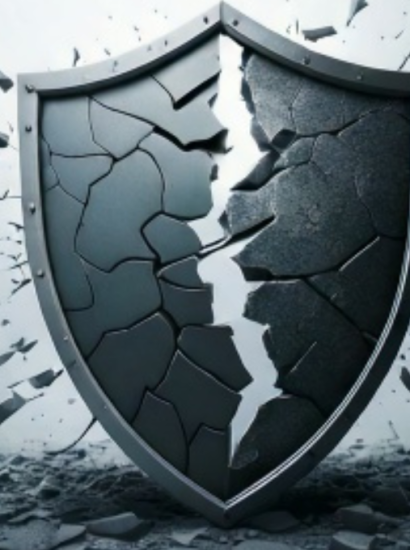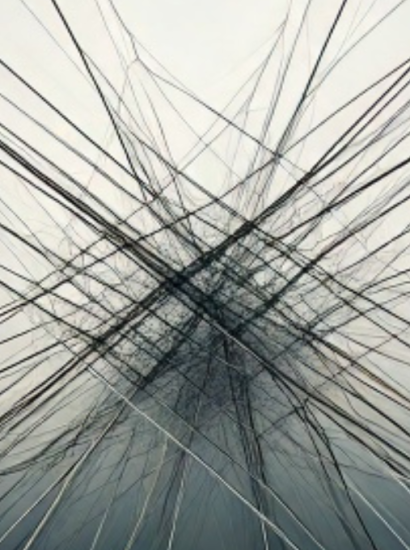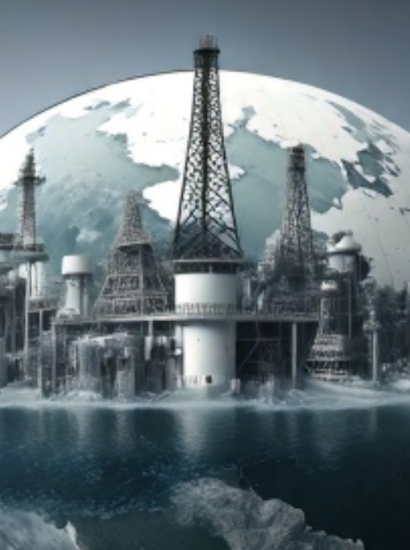This post is also available in: ΕΛΛΗΝΙΚΑ (GREEK) TÜRKÇE (TURKISH)
The election is over. However, those who were successful in the election could not celebrate properly. Those who were unsuccessful could not focus on a proper assesment of the situation either. This was caused by the statements of some politicians in Turkey who disregarded the existence and will of the Turkish Cypriot community, which has been fighting for its existence on this island for hundreds of years. In 1974, they attributed the bloodshed solely to the Anatolian boys who came from Turkey. Moreover, the past is not even mentioned. They also addressed the bloodshed in such terms as ‘yours’ and ‘ours’. There can be no distinction in the pain experienced over the bloodshed of a child born to a mother in Anatolia, or Cyprus.
We saw the same approach in the European Parliament (EP). Because they, too, decided to erect a monument only to commemorate those who lost their lives during the incidents in Cyprus and whose mother tongue was Greek. In other words, they ignored the Turkish Cypriot community, the other half of the island and the founding partner of the Republic of Cyprus. They took a one-sided decision on the memorial, viewing the suffering and bloodshed on the island of Cyprus—which entered the UN agenda 70 years ago as a troubled region—as belonging only to the community whose mother tongue is Greek. Despite the fact that Turkish is one of the official languages of the republic—just like Greek as it is described in its constitution—the EP, which still cannot decide to include Turkish among the EU languages, has postponed this matter, saying that it will be attended ‘after the solution’. Now, is it also postponing to address the reality of hundreds of individuals from the Turkish Cypriot community, who lost their lives during the wars in Cyprus, until after the solution? Moreover, can that one-sided monument disguise the reality of the atrocities suffered by dozens of Turkish Cypriots, including children, women, men, young and old, massacred by Greek Cypriot fascists in Agios Vasileios and Skylloura in 1963 and in Maratha and Santalaris in 1974, in what amounted to an official genocide? Besides, that monument also hides the reality of the bloodshed of dozens of Greek Cypriot anti-fascists who were massacred by the ‘fascist mob’ who played an active role in the realization of the fascist Greek junta on 15 July 1974.
These approaches in Turkey and the EP are based on a fact, pointed out in a statement by Mr. Tufan Erhüman, President of the Turkish Republic of Northern Cyprus: the tendency to ignore the Turkish Cypriot community. Undoubtedly, the reality expressed in the statement by President Tufan Erhüman is important. In the European Parliament, two of the seats belonging to Cyprus belong to Turkish Cypriots, but due to the unresolved nature of the problem, these have been usurped by the Greek Cypriots. However, despite this situation, under the conditions of the unresolved problem, it was very important that Mr. Niyazi Kızılyürek—nominated by AKEL from its own list—was elected with the votes of AKEL’s Greek Cypriot voters and Cypriot Turks who voted in the EP elections. This is because Mr. Niyazi Kızılyürek brought the problems of the Turkish Cypriot community to the agenda of the European Parliament on issues such as children born of mixed marriages, EU financial assistance, Green Line Regulations and similar matters.
The contribution of all of these to the development of a positive approach in the relations between the two communities and with the EU is undeniable. Today, however, the seizure of seats belonging to the Turkish Cypriot community by hiding behind such excuses as the lack of a solution, and the absence of an academic politician like Niyazi Kızılyürek, who maintained the balance between the two communities, led to this one-sided monument decision in the EP. So, do those who bring up the issue of a memorial to commemorate the Greek Cypriots who lost their lives due to Turkey’s intervention, solely on the basis of opposition to Turkey, not also whitewash and render invisible the killing of Greek speaking Anti-Fascist Cypriots at the time of the fascist coup, which took place with the active support of the Greek junta? At the same time, they have forgotten about the Greek and Turkish people who lost their lives during the wars in Cyprus.
If a monument is to be built, it should be one that symbolises peace and solution. A monument that divides the pain and pits one side against the other is similar to the logic that divides the bloodshed into ‘yours’ and ‘ours’. This, eventually, feeds the culture of stagnation.
This article was originally published on 27.10.2025






